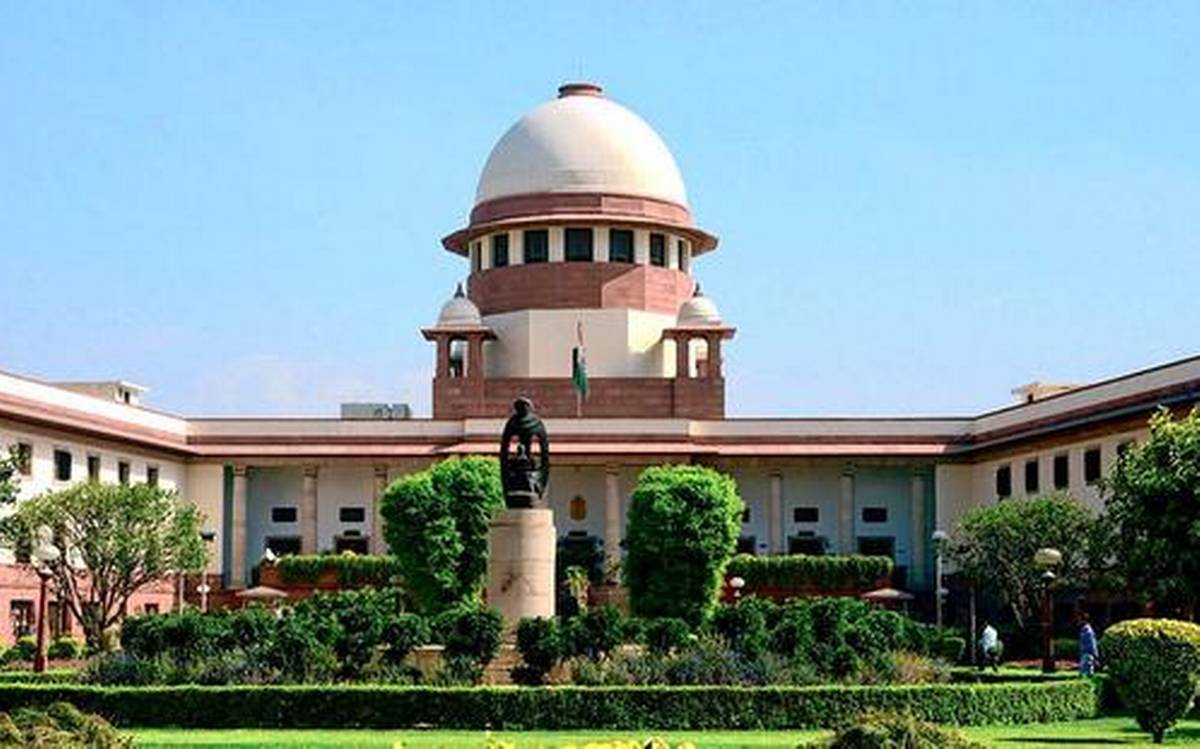Synopsis: Ruling against the decision of the National Law School of India University (NLSIU), Bengaluru to conduct its own admission test, the Supreme Court on Monday, ordered the Premier Law Institute to accept students for the current academic year on the basis of the Common Law Admission Test result.
In response to India University’s National Law School (NLSIU), Bengaluru, the Supreme Court on Monday, quashed its decision to implement a new entrance exam – the National Law Aptitude Test (NLAT) instead of accepting students to undergraduate and postgraduate courses on the basis of their Common Law Admission Test (CLAT) scores.
The Consortium Of National Law Universities was also directed by a three-judge bench headed by Justice Ashok Bhushan to conduct CLAT on September 28 to ensure that the whole phase of announcing the results was completed as early as possible to enable the NLSIU and other national law universities to start their course by mid-October 2020.
The bench, which also included Justices R. Subhash Reddy and M R Shah, instructed the restoration of both the NLSIU Vice-Chancellor as Secretary of the Consortium and the Secretariat of the Consortium to NLSIU, Bengaluru.
The court stated that the Academic Council was given the power of supervision and general rules under the NLSUI Statute, which was responsible for upholding the school’s standards of instruction, curriculum and examination; one of its duties was certainly to govern student admission.
It, therefore, held that NLSUI was required by the Statute to obtain the Academic Council ‘s recommendation before proceeding to hold NLAT by issuing a notification of admission dated September 3. In the absence of the academic council ‘s permission, the court held that the notice of admission dated 03.09.2020 had been given without the Academic Council ‘s recommendation and is therefore, unsustainable.
The Court held that the bye-laws in which representatives were allowed to admit students to their law universities were binding upon them on the basis of CLAT for courses in UG and PG law.
According to the Court, the statutes under which National Law Universities were formed impose public responsibilities on these NLUs to operate in an equal, rational and transparent way. It added these higher learning institutions were looked at with reverence and deep faith by society and students. All NLUs must act in a way that fulfils the cause of education and maintains the trust rested on them.
When senior advocate for NLSIU, Arvind Datar, sought to argue that by approving the membership of the Consortium, the sovereignty of its members continued to be preserved, the Court clarified that the sovereignty of the member institutions did not in any way hinder the holding of CLAT. It added that, according to the governing statute, each institution maintained its autonomy; the duty to preserve the central principle of the Consortium did not influence the autonomy of the member university in any way.
The admission notice from NLSIU stated that the entrance test would be an online entrance exam to be conducted on 12.09.2020 and that the candidates would attempt the assessment using a digital device at their respective locations.
The Court took notice of the affidavit submitted in the Delhi High Court by the Vice-Chancellor of NLSUI, Prof. (Dr.) Sudhir Krishnaswamy, as Secretary of the Consortium, in which he claimed that an online exam at home could not guarantee accountability, that the exam would be fully compromised and that participants and coaching centres could also be manipulated.
Therefore, the Court claimed that there was no explanation for the change of mind of the Vice Chancellor within just a week.
It therefore held that allowing home-based online testing could not have ensured accountability, justice and credibility of the exam, particularly when the examination was to be carried out for entry into the country’s premier law university.

